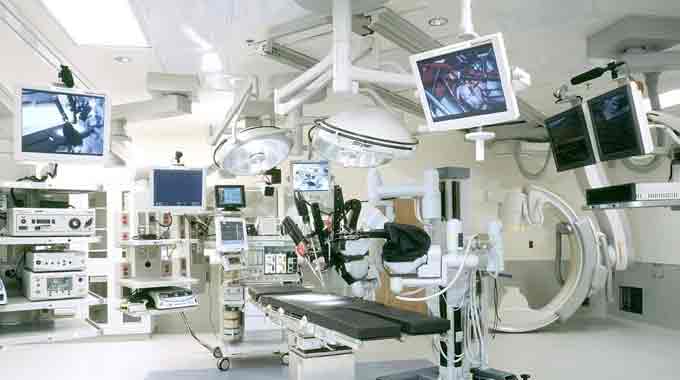The most important medical devices are those that monitor your health. Blood pressure monitors, also called sphygmomanometers, are an important part of any home. High blood pressure is a common problem for many people, and a blood pressure monitor can help you monitor your blood pressure. You can get a blood pressure monitor at any pharmacy, and they are inexpensive. Having a blood pressure monitor at home will help you keep track of your blood pressure, allowing you to make informed decisions regarding your health.
Thermometer Helps Monitor Body Temperature
Another important medical device for your home is a thermometer. A thermometer helps you monitor your body temperature and can be bought at your local pharmacy. You should have a thermometer on hand at all times, because a fever can be dangerous if it is not monitored. It is also important to know when you should visit a doctor, and when you can monitor your own temperature. If you don’t have a thermometer, you should consider getting one.
A thermometer is essential medical equipment that will provide real-time readings of your blood’s oxygen level. This is especially useful for people with chronic respiratory conditions like asthma. The thermometer will not help you breathe, but it will alert you when to perform breathing exercises. You should make sure that your pulse oximeter is calibrated to the proper level. This device will give you a real-time reading of your oxygen levels and can even help you understand when to visit a doctor.
Measures Blood Oxygen Level
A pulse oximeter is another important medical device. It helps you monitor your blood’s oxygen level and alert you to any changes in your breathing. It is also essential for anyone with respiratory problems. A digital thermometer can be very helpful in a number of situations. A thermometer can give you an instant reading of your temperature. It can also tell you whether to do breathing exercises that will increase your oxygen level.
The pulse oximeter measures oxygen levels in real time. Those with respiratory conditions should keep a pulse oximeter nearby. This device is very useful for monitoring the temperature of a person. It can also tell you when to go see a doctor. It is not a substitute for a physician, but it can help in a number of situations.
Pulse oximeter can monitor your oxygen level in real time. This device is especially helpful for those with chronic respiratory conditions. It can alert you to breathing exercises. However, it doesn’t help you breathe, so it is not a substitute for a doctor. If you can’t get a pulse oximeter, you can buy one from a local pharmacy.
Conclusion
A pulse oximeter is a great tool to keep at home for various reasons. These include monitoring your blood oxygen levels and monitoring your body temperature. If you are suffering from a respiratory condition, you can use the device to detect symptoms that can be dangerous if you don’t have a pulse oximeter at home. In cases of a low blood oxygen level, it is also advisable to get a digital thermometer.
